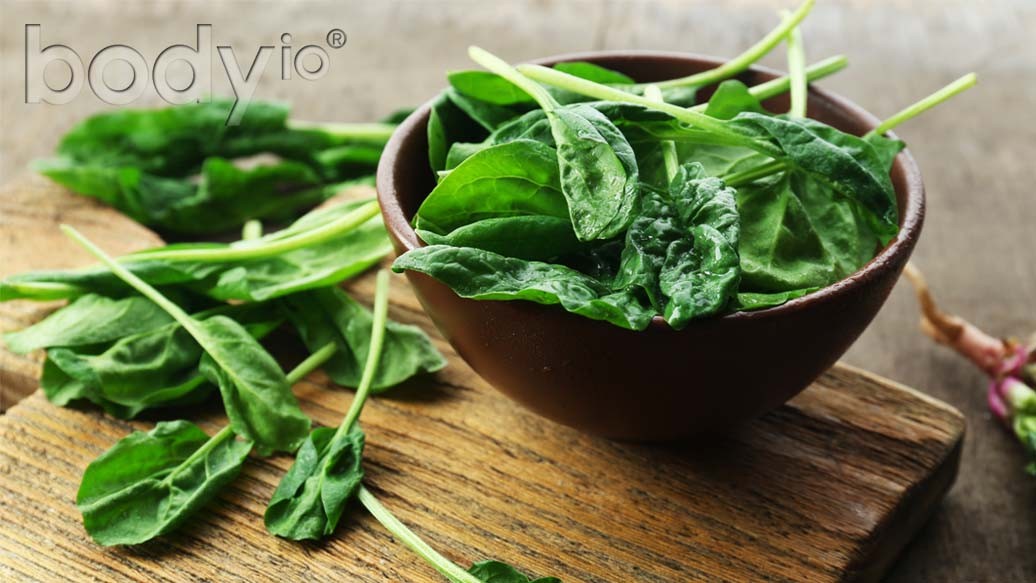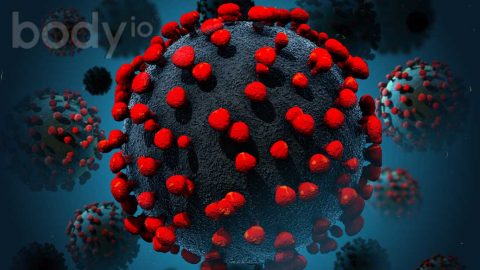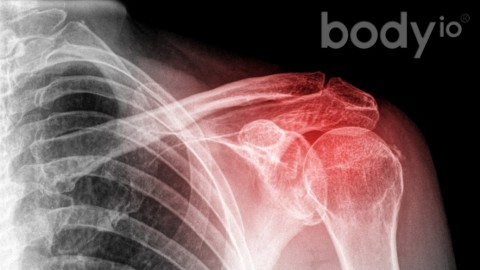n my unapologetic opinion, vegetarianism is an inefficient and myopic concept. Vegetables alone do not provide the energy, protein or fats required to sustain an optimal and healthy human existence. Produce is a garnish and, at best, a sidekick to other foods that provide far more value to human health and performance. Come to me for nutrition advice, however, and I’m going to tell you to eat vegetables– especially spinach– as often as possible.
In my eyes, nutrition isn’t a complicated subject. It’s actually quite simple. Here’s the blueprint:
1) Set your goals and priorities
2) Eat the food that supports Step #1
3) Succeed. The end.
Have I oversimplified things? Of course I have, because the human brain is stubborn and crafty. Many people will skip the first step of this plan altogether, making acceptable the most inane of food choices. Even when Step 1 has been accomplished, there are still no guarantees, as humans have perfected the well-rehearsed practice of justification in the face of social situations and peer pressure. It is impossible to achieve perfection, but having this plan and being prepared to fight for your goals is the best place to start.
Before going any further, if health and longevity aren’t part of your priorities when implementing the above blueprint, then the following information isn’t for you. My coaching practice is primarily focused on health and secondly on the most efficient strategies to help my clients achieve their goals. Health always comes first, because it is the foundation for success, but also because performance and body composition goals are more efficiently attained when the body is firing on all cylinders.
Vegetables, with spinach leading the way, are both beneficial and health-promoting, and should always be present at the core of your nutrition blueprint. The list of benefits includes, but is not limited to:
– Insoluble fiber content, which is correlated with health and body composition[1]
– Phytonutrients, which support metabolic processes and health[2]
– Increased feelings of satiety during meals with fewer calories, contributing to weight loss[3]
– Support of muscle and metabolic processes, contributing to performance and strength gains[4]
These benefits aside, vegetables– namely spinach– are also a great line of defense against cancer. There is a glycoglycerolipid in vegetables called monogalactosyl diacylglycerol that selectively inhibits the activities of mammalian replicative DNA polymerases. In laymen’s terms, this means that spinach contains a compound that has an anti-tumor effect[5]. Although most highly concentrated in spinach, this compound can be found in various vegetables, including broccoli, asparagus, brussels sprouts and many others[6]. If you aren’t interested in developing cancer, including spinach and other green vegetables in your diet should be a top priority.
Another benefit to eating spinach, even more so than other vegetables, is that this leafy planthas demonstrated the effect of blunting the insulin response to a meal[7]. This is important for anyone trying to lose weight, but even more powerful for those who are obese and should be diligently managing their blood sugar levels.
Despite this valuable information, I’ll be the first to admit that vegetables aren’t actually necessary in the human diet. In other words, you can survive a very long time without eating anything green. That being said, apparently animal products aren’t necessary in the human diet either– just ask vegans. Approaches like these, however, where nutrition accomplishes nothing but the maintenance of basic human life, are absolutely pathetic. Yes, the human body is adaptable and can get by on nearly any kind of diet, but basic survival and optimal health are two very different things. When push comes to shove, you need to line up your priorities and eat to support your goals. If health and longevity are important to you, then vegetables (especially spinach) should be a regular part of your diet.
As with most things in life, going to extremes is rarely the best option. Much like I’d never recommend vegetarianism as a healthy way of eating, I’d also never recommend omitting vegetables from the diet entirely. Eat with variety, eat without bias, and fill your body with nutritious foods like spinach to not only achieve your performance goals, but also to extend your life and the quality therein.
[expand title=”References (click to expand)”]
- Howarth NC, Saltzman E, Roberts, SB. Dietary Fiber and Weight Regulation. Nutrition Review. 2001 May; 59:129–39.
- Beecher, G.R. Phytonutrients’ Role in Metabolism: Effects on Resistance to Degenerative Processes. Nutrition Review. 1999 Sept; 9(Part II):S3-S6.
- Slavin, J., and Green, H.Dietary Fibre and Satiety. Nutrition Bulletin. 2007 Mar; 32(Suppl. 1), 32–42.
- Gorelick-Feldman, J., MacLean, D., Ilic, N., Poulev, A., Lila, MA., Cheng, D., Raskin, I. Phytoecdysteroids Increase Protein Synthesis in Skeletal Muscle Cells. Journal of Agricultural and Food Chemistry. 2008 Apr; 56 (10), pp 3532–3537.
- Maeda, N., Kokai, Y., Hada, T., Yoshida, H., &Mizushina, Y. Oral administration of monogalactosyl diacylglycerol from spinach inhibits colon tumor growth in mice. Experimental and therapeutic medicine. 2013; 5(1), 17-22.
- Christensen LP. Galactolipids as potential health promoting compounds in vegetable foods. Recent Patents on Food, Nutrition & Agriculture. 2009 Jan;1(1):50-8.
- Gustafsson K, Asp NG, Hagander B, Nyman M. Effects of different vegetables in mixed meals on glucose homeostasis and satiety.European Journal of Clinical Nutrition. 1993; 47(3):192-200.
[/expand]












